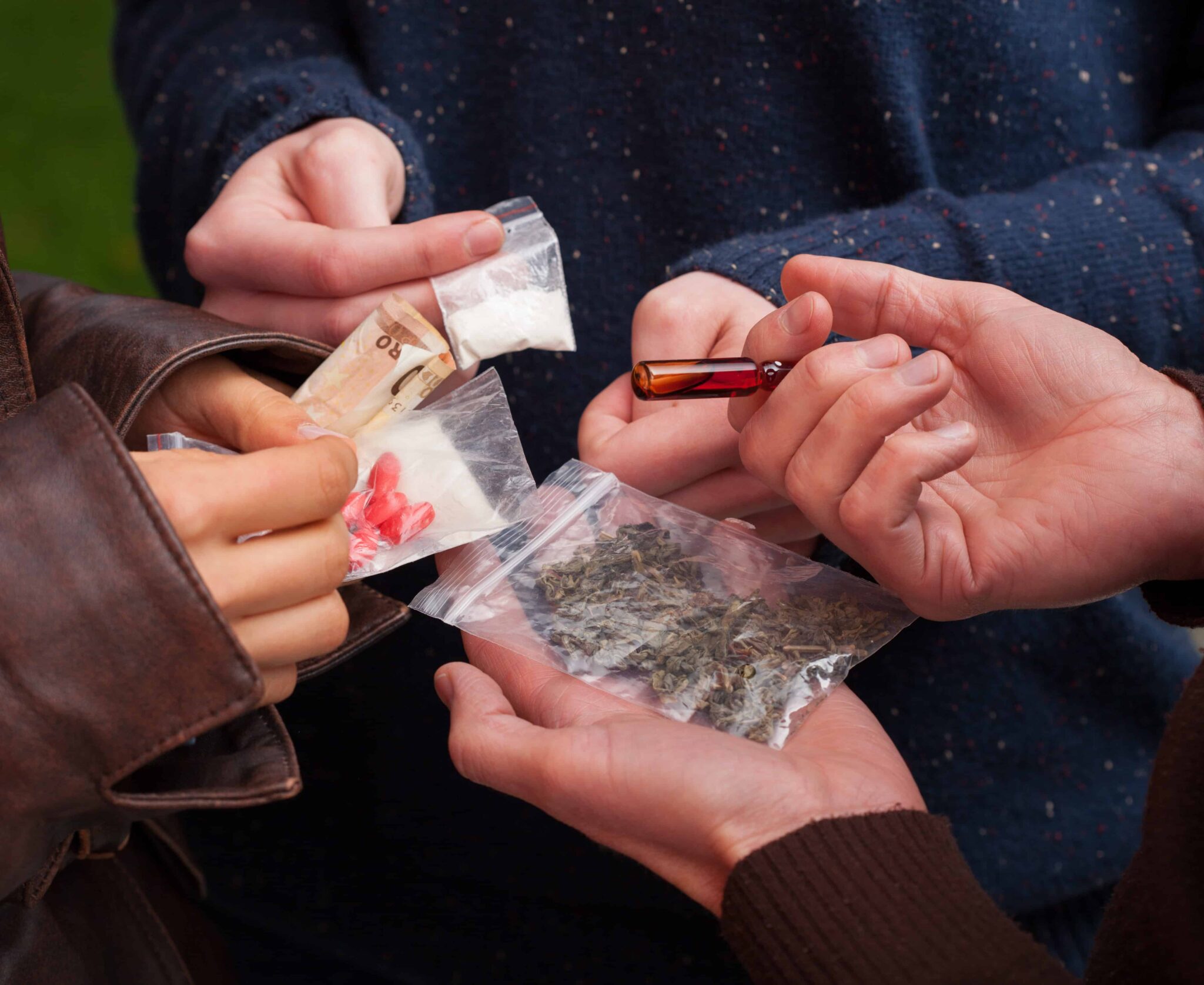Comparison of Drug Laws in Texas
Texas has a reputation for being tough on drugs. While there is some truth to this belief, drug laws in Texas are not necessarily all the same. The laws and the associated penalties for drug violations can be very different based on the type and amount of drugs involved in a particular case.
The laws for a particular drug case can also vary widely based on the ways that drugs are used. For example, the penalties for manufacturing drugs is generally greater than the penalties for simple personal possession. Take a look at some of the drug law information below to get a better sense of how Texas enforces its legal positions on illicit substances.
CONTACT THE LAW OFFICE OF MATTHEW D. SHARP TODAY FOR AGGRESSIVE LEGAL DEFENSE.
Texas Marijuana Laws
By some estimates, marijuana is one of the most widely used illegal drugs in the United States, and maybe even in the world. This is likely due to the fact that marijuana is relatively easy to produce and it is very abundant. This gives it a relatively low cost and wide availability.
Due to the fact that marijuana, also known as cannabis, weed or pot, is used so widely, many law enforcement agencies do not consider it an extremely serious problem. Despite the fact that marijuana is used so widely, it has a low chance of creating dependency and its users do not typically become violent or commit crimes to fund their drug usage.
However, users, sellers, importers and growers of marijuana are breaking the law in Texas and some of these people have been known to engage in crimes related to the use or sale of drugs. For this reason, Texas has stiff penalties for marijuana users and sellers, though these penalties may not be as severe as the consequences for using “harder” drugs like methamphetamine and heroin.
Possession
In Texas, possession of up to two ounces of marijuana is a Class B misdemeanor, punishable by:
- Up to 180 days in county jail or 180 days of probation
- A fine of up to $2,000
- Mandatory drug testing and drug education
For most marijuana users, two ounces of the drug is a large amount and the vast majority of marijuana offenders will fall into this penalty category. The penalties for marijuana crimes can increase for offenses that are more serious than simple possession.
Sale
For example, in Texas, the penalty for even attempting to sell just a 1/4 ounce of marijuana is the same as the penalty for possessing up to two full ounces. This penalty can be applied even if the person attempting to make the sale is never actually paid for the drugs. If the person is actually paid for selling up to 1/4 ounce of pot, they can be charged with a Class A misdemeanor, punishable by:
- Up to one year in county jail
- A fine of up to $4000
Selling more than a quarter ounce is a felony, punishable by incarceration in state jail or prison.
Cultivation
The penalties for growing pot in Texas are among the most severe. This is because growing marijuana usually means that the grower will be in possession of a very large amount of the drug and will typically be growing it in order to sell it.
For example, a person who is growing pot and is caught with more than five pounds of weed or up to 50 pounds, they can be charged with a second degree felony, punishable by:
- Two to 20 years in Texas state prison
- A fine of up to $10,000
A person charged with cultivating pot may also face additional charges for sale or attempted sale of the drug.
Methamphetamine
Meth is one of the most infamous drugs currently being used. The dangers of this addictive drug can be seen on nightly news reports and popular television shows. Meth has a high potential for addiction and abuse and its users are well-known to display violent, erratic or dangerous tendencies while under the influence or while attempting to fund their addiction. For this reason, Texas laws severely penalize the possession, sale or manufacturing of even small amounts of meth.
Possession
In Texas, meth is in the Penalty Group 1 category of controlled substances, which is the most severely restricted category. Possession of even less than one gram of meth is a felony offense, punishable by:
- Up to two years in prison
- A fine of up to $10,000
Possession of more than four grams of meth can lead to 20 years in Texas state prison.
Sale
The penalties for selling meth are just as harsh as the penalties for simple possession. For example, selling between one and four grams of meth is a second degree felony, punishable by two to 20 years in prison.
Manufacture
You can get in serious trouble for making or attempting to make methamphetamine in Texas. Making less than one gram of meth is a felony offense, punishable by up to ten years in state prison. These penalties can also be applied for possessing the raw ingredients used to make meth, known as precursor chemicals. This means that a person can be sentenced to years in prison simply for possessing the chemicals used to make this drug, whether or not they actually made any meth.
Heroin
Heroin is also in the Penalty Group 1 category, just like meth. This means that the penalties for crimes involving this drug are just as severe.
Possession
A person caught with less than one gram of heroin in their pocket can be arrested and sentenced to up to 10 years in prison. Possession of between one and four grams is a second degree felony, punishable by 20 years in Texas prison.
Sale
The penalties for selling Penalty Group 1 substances are similar to the penalties for possession, meaning that selling or attempting to sell one gram or less of heroin is a third degree felony offense. In some cases a person can face extra charges for both possession and intent to manufacture or distribute illegal drugs.
Manufacture
Heroin comes from a natural plant but it requires special preparation to make it into the drug that many people abuse. Possessing the materials needed to complete this preparation can lead to felony charges and years in prison.
Overview
In general, Texas laws for illegal drugs are based on the perceived dangers associated with a drug, the legitimate medical uses for a drug and the likelihood of a particular substance to cause abuse or addiction. These drugs are broken down into Penalty Groups as follows:
- Penalty Group 1 – Meth, heroin, cocaine
- Penalty Group 2 – Ecstasy, PCP, mescaline
- Penalty Group 3 – Many addictive or abused prescription pills
- Penalty Group 4 – Drugs that have medical uses and are hard to obtain, such as morphine
- Marijuana – Marijuana is placed in its own unique category






